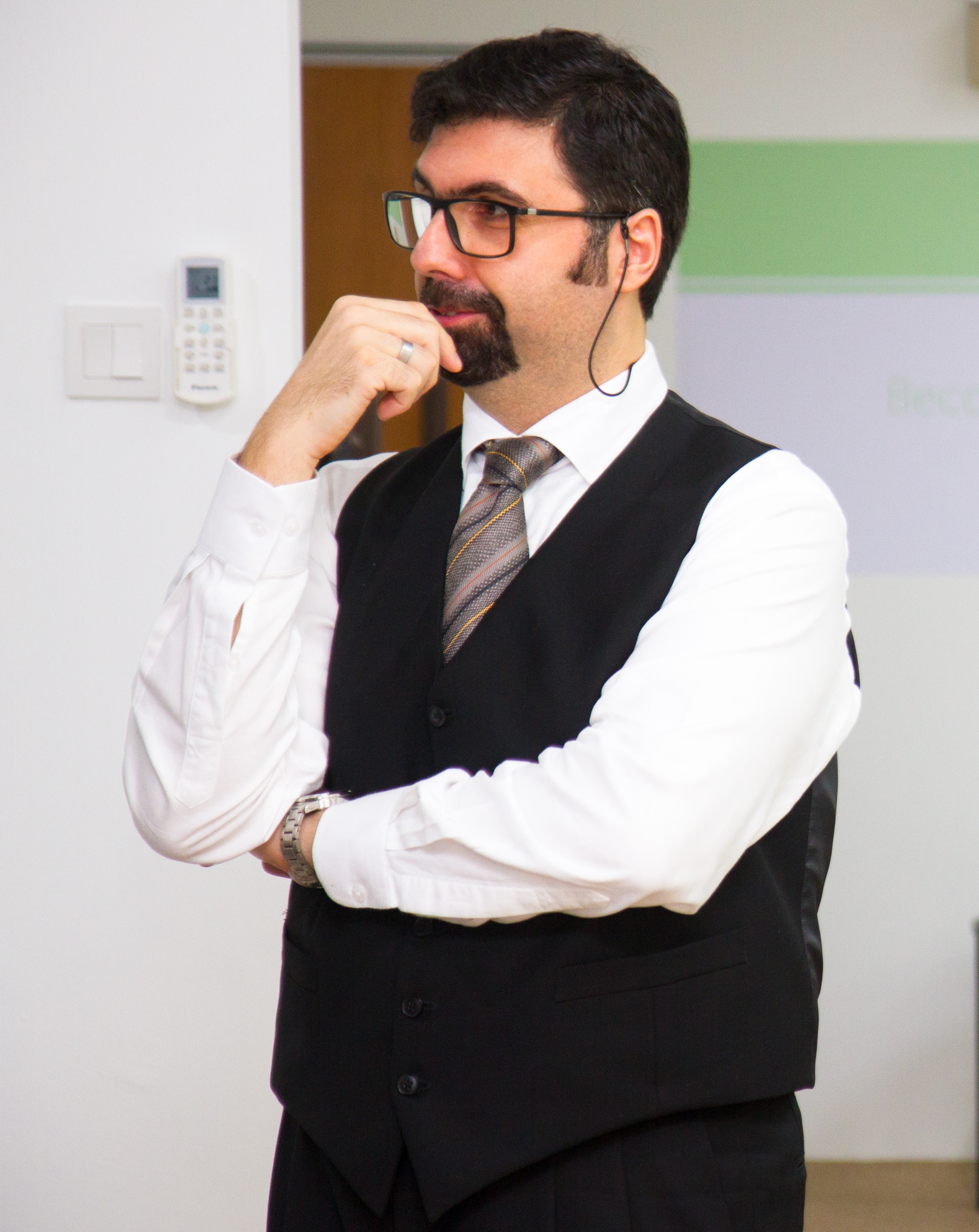Is the Crisis of Economics a Crisis of Vision?
The subject of the crisis experienced by economics as a scientific discipline and its teaching is not new and a call for a reform centred on pluralism, multidisciplinarity and realism was raised by many scholars. However, economics remains under the spotlight for what it is interpreted mainly as the inability to understand and interpret the real economic world. Furthermore, so-called heterodox economists have often criticized mainstream economics on a pro-planning and anti-market basis (ideological ground), rather than with regards to the actual theoretical edifice; in fact, as pointed out by Geoffrey M. Hodgson (Loughborough University London), the neoclassical core of mainstream economics has been used to support socialism as well as capitalism (1). In a nutshell, different policy recipes did not reflect substantial theoretical differences.
******************************** Rubrics è rigorosa divulgazione, fatta da specialisti dei campi. NO fakenews e fonti incerte. Segui -> Pagina FB e Instagram E registrati al -> Canale Youtube ********************************
I will recur here to the great Joseph Schumpeter to hint something about the nature of the crisis experienced by economics. While some of the main Schumpeter’s theoretical contributions, such as the concept of creative destruction (2) and the relationship between entrepreneurship and innovation (as distinct from invention) (3), became familiar to the reader of economic facts, his methodological reflection is unfortunately widely ignored even by the great majority of contemporary economists.
While it is impossible here to discuss Schumpeter’s methodology, I will focus on his concept of vision. In his History of Economic Analysis (1954), the Austrian economist explained that, when we start our research work, «we should first have to visualize a distinct set of coherent phenomena as a worthwhile object of our analytic efforts. In other words, analytic effort is of necessity preceded by a preanalytic cognitive act that supplies the raw material for the analytic effort» (4). Schumpeter called that preanalytic cognitive act Vision.
In other words, the economist is not an observer alien to reality. He or she lives in specific conditions of place and time and it is thanks to the interaction with and the observation of the reality typical of such conditions that the vision is shaped. The analytical effort is then the attempt to convert the vision into concepts, into a scheme; however, such an analytical work contributes to make the vision to evolve so that – to borrow Schumpeter’s words – «[f]actual work and ‘theoretical’ work, in an endless relation of give and take, naturally testing one another and setting new tasks for each other, will eventually produce scientific models, the provisional joint products of their interaction with the surviving elements of the original vision, to which increasingly more rigorous standards of consistency and adequacy will be applied» (5).
It seems to me that a great part of contemporary scholarly work in economics is affected by the attempt – more or less conscious – to escape the vision. The idea that economics should be “pure” has perhaps contributed to move the researcher away from his or her own reality. And this seems to be more a contradiction today, when economics cannot be accused of not being empirical; quite the contrary: data collection and interpolation has almost entirely replaced the activity once known as theorizing.
What I see is that the content of the analytical work has been disjointed from its predecessor – the vision – and by its consequence – the theory. To use a metaphor, the modern economist looks like a bricklayer who is putting brick over brick but without the idea of building a house and without having in mind which kind of house he or she wants to build. The result can only be, at best, the approximation of a house.
The vision is the idea of wanting to build a house after a certain fact happens in reality: seeing a nice plot of land, getting married and so on. Theory is the finished house. The analytical effort is bricklaying: theory is shaped by the vision but not necessarily an exact mirror of it, as the construction work may reveal something that was previously unknown and that may force to revise the vision.
We now experience economics as a series of erratic data collections, while statistical correlation is often confused with actual causation. The time is come for the economist to sit back, look out of the window and let his or her observation in astonishment to shape that vision which is so much needed if the blackboard work has to have a meaning at all.
******************************** Rubrics è rigorosa divulgazione, fatta da specialisti dei campi. NO fakenews e fonti incerte. Segui -> Pagina FB e Instagram E registrati al -> Canale Youtube ********************************
Photo by Robert Metz on Unsplash
NOTE: 1)Hodgson, G.M. (2019), Is There a Future for Heterodox Economics? Institutions, Ideology and a Scientific Community, Cheltenham and Northampton, Edward Elgar, p. vi; 2)Schumpeter, J.A. (1942), Capitalism, Socialism and Democracy, London and New York, Routledge, 2003; 3)Schumpeter, J.A. (1911), The Theory of Economic Development, New Brunswick and London, Transaction Publishers, 1983; 4)Schumpeter, J.A. (1954), History of Economic Analysis, London and New York, Routledge, 2006, pp. 38-39. 5) Schumpeter, J.A. (1954), History of Economic Analysis, London and New York, Routledge, 2006, p. 40.

Nato a Verona nel 1978. Residente in Malaysia, dal 2011, ricopre un doppio ruolo di manager ed economista. Nel 2019 fonda il Center for Market Education (www.marketedu.me), di cui è attualmente CEO. Dal 2012 è Senior Fellow dell’Institute for Democracy and Economic Affairs (IDEAS) di Kuala Lumpur (www.ideas.org.my). È inoltre Research Advisor di Provalindo Nusa Property (Jakarta, Indonesia) e Senior Fellow della Property Rights Alliance (Washington, DC). La sua attività di ricerca è principalmente indirizzata a sviluppare il paradigma teorico della scuola austriaca. La sua opinione è regolarmente richiesta dai media malesi e del sudest asiatico, mentre, quale attivo conferenziere, ha svolto guest speeches o lectures in Malaysia, Italia, Singapore, Indonesia e Pakistan. Quale economista, non solo è attivo nel dibattito di politica economica, ma è consulente di politici e istituzioni.
Indirizzo email: carmelo.ferlito@gmail.com
Pubblicazioni: https://carmeloferlito.academia.edu/
Canali YouTube: @carlito78100 e @centerformarketeducation2495







